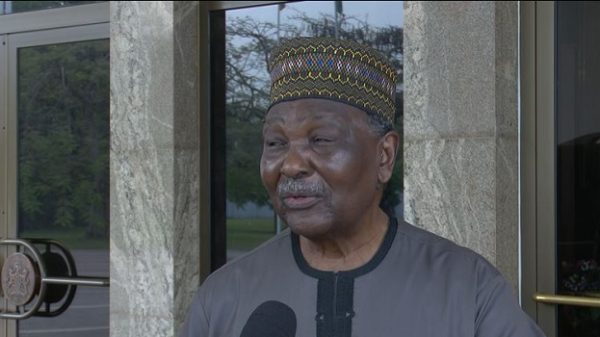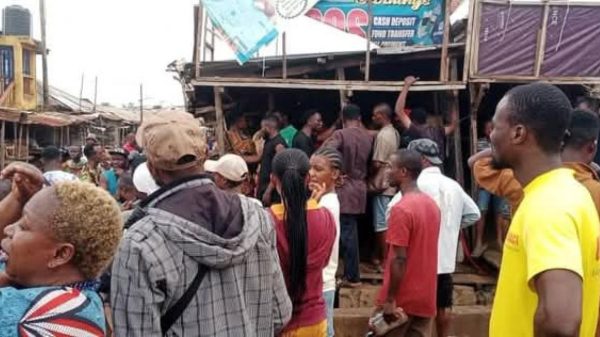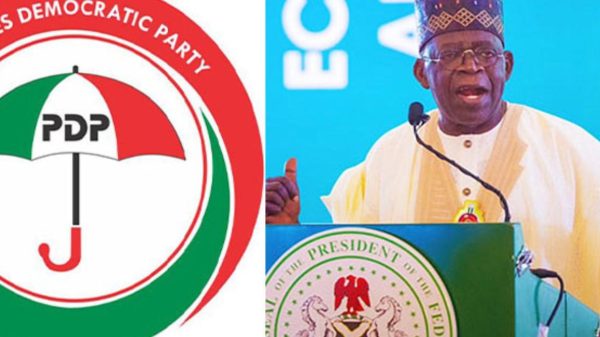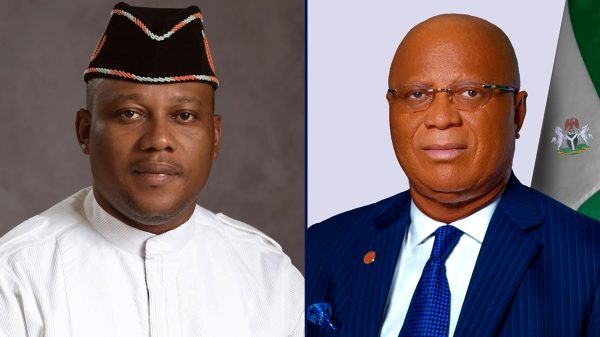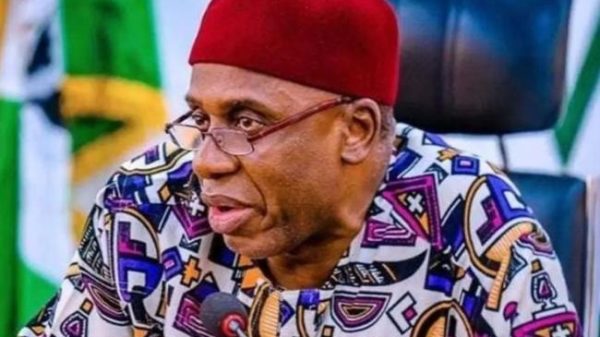Former Senator for Kaduna Central, Shehu Sani, has suggested the introduction of a “heavy fine” for Nigerians who collect their Permanent Voter Cards (PVC) but fail to participate in elections. Sani made this recommendation in a post shared on his X (formerly Twitter) account, highlighting it as a possible solution to the persistent issue of low voter turnout in the country.

Nigeria has faced a significant decline in voter turnout over recent elections, with the February 25, 2023, presidential election being a prime example. Despite a registered voter population of 93.47 million, only 24.9 million Nigerians turned out to cast their votes. This translates to a voter turnout rate of just 26.72%, the lowest ever recorded in the country’s electoral history since gaining independence in 1960. According to reports, no state in the country had more than 40% of eligible voters participating in the election.
In light of this, Sani believes that implementing financial penalties for those who do not vote, despite collecting their PVC, would serve as an effective deterrent and encourage more citizens to exercise their voting rights. He stated, “Heavy fine should be imposed for those who collected PVC but refused to vote. That is the best way to address the problem of low voter turnout.”
Sani’s proposal comes at a time when voter apathy is being widely discussed as a critical challenge to Nigeria’s democratic process. The steady decline in electoral participation has been a concern for political analysts, civil society groups, and even the Independent National Electoral Commission (INEC). Many have pointed to various factors contributing to low turnout, including voter disillusionment, insecurity, logistical challenges, and a perceived lack of credible candidates. However, Sani’s suggestion introduces a new dimension to the conversation by focusing on accountability among registered voters themselves.
His recommendation to impose fines could potentially open a new debate on whether punitive measures are the right approach to solving voter apathy. Critics may argue that enforcing penalties on voters could lead to unintended consequences, such as further alienating citizens from the electoral process. Others, however, may see it as a necessary step to ensure that the right to vote is not only viewed as a privilege but also a civic responsibility that all eligible Nigerians must fulfill.
Nigeria’s voter turnout has seen a gradual decline over the years. Data shows that voter engagement has been shrinking, with many citizens choosing to stay away from the polls despite having the legal right and tools to participate. This is a troubling trend for a country that has made efforts to strengthen its democracy since the return to civilian rule in 1999.
Sani’s call to action, if implemented, could reshape the electoral landscape by encouraging more active participation. The former senator’s proposal, though controversial, highlights the urgent need to tackle voter apathy in Nigeria, ensuring that the nation’s elections reflect the true will of its people.
As Nigeria prepares for future elections, it remains to be seen whether Sani’s suggestion will gain traction among policymakers or if alternative solutions will emerge to address the declining voter turnout.



